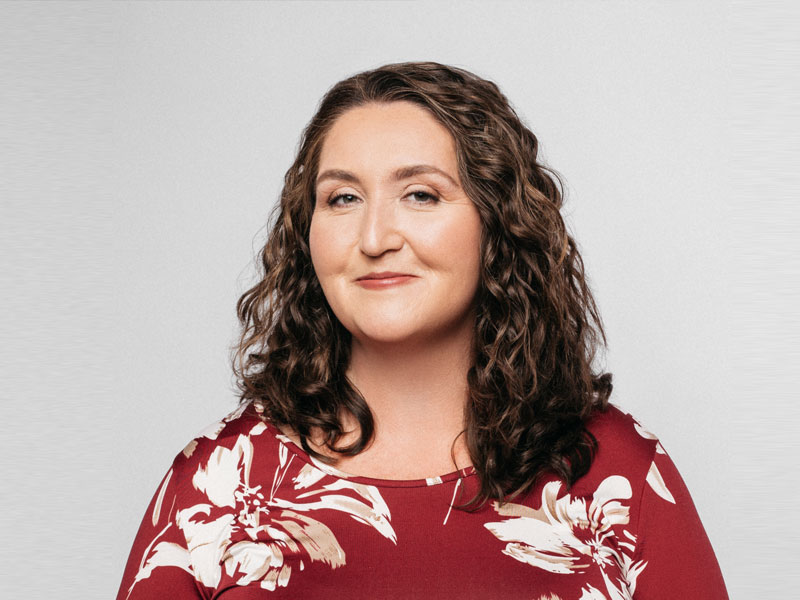While the demand for healthcare services has never been greater, particularly as the American population ages, many health systems and hospitals struggle to distinguish themselves from their competitors. Part of the problem is that relatively few healthcare institutions, including medical schools and non-profit medical research facilities that regularly lead or participate in clinical research to advance breakthroughs in disease eradication and treatments, can afford to devote much of their resources to marketing.
The other challenge, mainly when recruiting patients to participate in clinical research, is our collective failure to teach and promote health literacy. Only 12% of the population demonstrates proficient health literacy, indicating a high level of competence in understanding and applying health information, according to the National Assessment of Adult Literacy (NAAL). With this dismal statistic in mind, it becomes clear that much more needs to be done regarding health literacy. Given the wide availability of free or low-cost medical information online, teaching health literacy includes teaching data literacy as well so that consumers seeking to learn more about various health issues and treatments understand how to identify factually accurate medical information and approved, safe treatment options to reduce the risk of consumers from the dangerous practice of self-diagnosing and treating themselves based on what they see on Facebook, X, TikTok, or Wikipedia.
Marketing campaigns that integrate health education not only advance health literacy but also are an extremely effective way for healthcare organizations to distinguish themselves from their competitors and further their reputation as a top provider of quality care. Take, for example, the success of the Mayo Clinic’s online Health Library, which includes consumer-friendly definitions and descriptions of thousands of medical diseases, conditions, treatment options, and procedures as part of its overall website. So many people visit the online Health Library that outside companies now opt to advertise there, which provides the Mayo Clinic with yet an additional revenue stream even as it advances health literacy as part of its mission to “inspire hope and promote health through integrated clinical practice, education, and research.” Harvard Medical School advances health literacy not just for its students and other clinical professionals but to consumers through its monthly Harvard Health Letter. This subscription-based newsletter includes the latest research and tips on everything from how to protect your knees when running or jogging to whether drinking green tea truly can help patients fight cancer.
As someone who has helped recruit patients for more than 100 clinical research studies, it is far easier to convince patients and their families to participate when they better understand the specific research and the medical condition or issue it seeks to address. For example, when recruiting for oncology research, educating potential participants on the sequence of treatments is imperative. Most people do not have the literacy or guidance to understand that the selection of one oncology agent or study intervention as part of a treatment plan will potentially limit other treatment or study options in the future, dramatically altering the trajectory of a cancer patient’s quest to obtain no evidence of disease. Sharing this knowledge helps them feel empowered to make informed decisions about their care, improving recruitment rates and reducing dropout rates—a win for both the patient and the research sponsor.
From a marketing perspective, this type of engagement is invaluable. When healthcare marketers incorporate health literacy into their strategies, they not only build trust but also drive deeper connections with patients. The result is more successful patient recruitment, more engaged research participants, and a patient base that has more agency over decisions about their care. This can ultimately reduce costs associated with recruitment and retention while increasing the success rates of clinical research.
In fact, healthcare marketers can position their organizations as thought leaders in health education, using literacy campaigns as a strategic differentiator. By embedding educational resources into marketing efforts, marketers help patients feel more confident and informed about participating in clinical research. This not only boosts recruitment but also opens new revenue streams—whether through partnerships with biopharmaceutical companies eager to access informed patient populations or through sponsored content, much like Mayo Clinic’s Health Library.
As medicine continues to evolve and deploy more advanced technologies, including wider adoption of AI platforms in clinical research, patient monitoring, and engagement, the need for health literacy grows. A recent JAMA study found that primary care providers rated generative AI responses to patient messages via patient portals better in communication style and empathy than their own written responses. However, these AI-generated answers were often longer, used more complex vocabulary, and were less readable—especially for patients with limited health literacy or those for whom English is not their first language. This highlights the increasing importance of ensuring that the medical information patients receive—whether from AI or humans—is accessible and understandable. Integrating AI-driven tools into health literacy campaigns could further enhance patient engagement, but only if those tools are designed with readability and clarity in mind.
Finally, because medical advances happen constantly, integrating health literacy into marketing initiatives will always give marketers something new to discuss or address. Instead of the typical print ad or billboard, healthcare organizations can create a dynamic, evolving conversation with patients—building a relationship based on trust, understanding, and shared knowledge. For healthcare marketers, that can translate into stronger brand loyalty, increased recruitment success, and more revenue-generating opportunities for their clients.
Angela Radcliffe is a dynamic speaker, best-selling author, and influential advocate for universal health, data, and AI literacy. As the Managing Director of Heartbeat’s Clinical Research practice, a division of Publicis Health, she focuses on developing and delivering transformative patient engagement experiences. Angela is passionate about connecting clinical research to social change, equity, and access.






